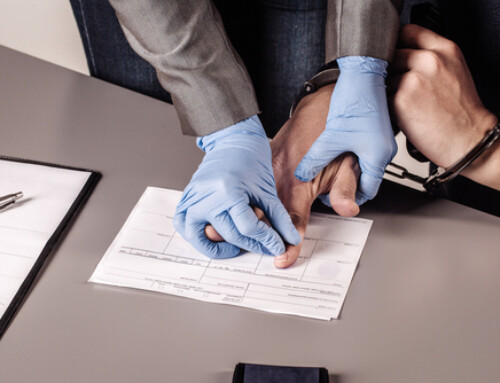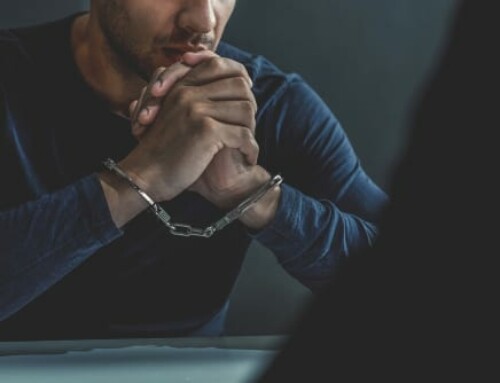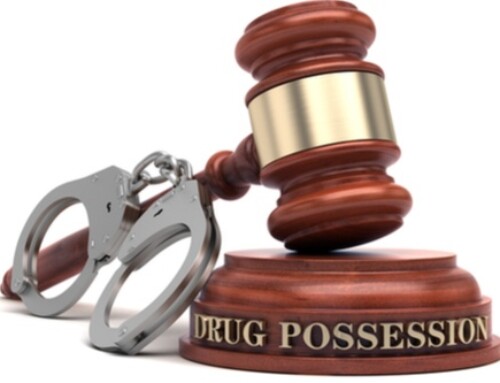There are two main reasons people think about pleading guilty after being charged with a crime: Those who believe they are guilty and there are those who don’t think it is worth it to put up a fight. But, while pleading guilty might seem like your best option, doing so can be extremely dangerous, and you need to consult with a South Carolina criminal defense lawyer before you admit to committing a crime in open court.
What are the Consequences of Pleading Guilty in South Carolina?
Pleading guilty to a crime can have serious consequences in South Carolina—and these consequences only start with your criminal sentence.
In South Carolina, all crimes carry the potential for jail or prison time. Furthermore, unlike other states—where imprisonment for a year or longer is generally the dividing line between a felony and misdemeanor offenses—even some misdemeanors carry up to three-year sentences under South Carolina law.
When facing a criminal charge, it is essential to know what penalties are on the table. Most crimes fall into one of nine “classes” in South Carolina (six classes of felonies and three classes of misdemeanors), but there are some notable exceptions. Each class has a specified maximum jail term; and, if you plead guilty without legal representation, there is a good chance that you will end up facing the maximum sentence.
In addition to jail or prison time, pleading guilty can also lead to fines and other statutory penalties.
Regardless of the penalties, you are facing, and your sentence will represent just a fraction of the consequences of pleading guilty in South Carolina criminal court. Depending on the circumstances of your case, pleading guilty could also lead to:
- Loss of scholarships and suspension or expulsion from school
- Loss of your driver’s license
- Loss of your professional license or business license
- Loss of custody, firearm possession, and voting rights
- Loss of your job
Are There Benefits to Entering a Guilty Plea in South Carolina?
Under the right circumstances, pleading guilty can prove beneficial. If going to trial is not likely to result in an acquittal, and if you can negotiate a favorable deal with the prosecutor’s office, then it might make sense to plead guilty to one or more of the charges against you.
However, this does not mean that you should enter a guilty plea in court. Rather, you will want to consult with a criminal defense lawyer first, and you will need to work with your lawyer to determine the best possible outcome in light of the circumstances at hand. If, based on your lawyer’s advice, it appears to be in your best interests to try to negotiate a plea deal, then you will want your lawyer to engage with the prosecutor’s office to negotiate a favorable outcome.
Should Anyone Ever Plead Guilty in a South Carolina Criminal Case?
Yes, there are circumstances in which pleading guilty will be a person’s best option. However, as noted above, this is not a decision to be made lightly, which does not mean that you should plead guilty in court. Before making the decision to plead guilty (and seeking to negotiate a plea deal with the prosecutor’s office), you will want to work with a lawyer to answer questions such as:
- How likely is it that you will be convicted in court?
- Have the police or prosecutors violated your constitutional rights?
- What penalties will you face if you are convicted?
- Given the circumstances of your case, is the prosecutor’s office likely to entertain a plea deal?
- Is it possible to negotiate for a reduced charge or the elimination of one or more charges?
- What can you reasonably expect from a plea deal based on the circumstances of your case?
Won’t I Be Convicted if I Committed a Crime?
No, the fact that you committed a crime does not necessarily mean that you will be convicted in court. When facing criminal charges, you should not assume anything, but rather you should make informed decisions based on an experienced defense lawyer’s advice.
Several factors can lead to a not-guilty verdict, even in cases where the defendant took the steps necessary to commit a crime. For example, if the police violated your Fourth Amendment rights (i.e., by conducting an unlawful search or seizure), then the prosecution’s evidence against you might be inadmissible. Or, if the prosecutor’s office violated your rights by withholding exculpatory evidence, this could lead to a not-guilty verdict as well. In all cases, the prosecution has the burden of proving the defendant’s guilt beyond a reasonable doubt; and, if it cannot meet this burden, then no sentence can be imposed.
What Are My Chances of Avoiding a Guilty Verdict in South Carolina?
Your chances of avoiding a guilty verdict depend entirely on the circumstances of your particular case. In some cases, the options for seeking to avoid a conviction will be fairly limited; in others, there will be numerous defenses available. To determine how best to approach your defense, you will need to discuss the details of your case with an experienced defense lawyer.
Regardless of your case’s facts, if you are thinking about pleading guilty, you should speak with a lawyer first. At Deaton Law Firm, we offer free consultations, and we are more than happy to help you make an informed decision about how to deal with your criminal case. To discuss your options with North Charleston criminal attorney Rad S. Deaton in confidence, contact us today.
Schedule a Free Consultation with North Charleston, SC Criminal Defense Lawyer Rad S. Deaton
Have you been charged with a crime in South Carolina? To learn more about why you should not simply plead guilty in court, schedule a free consultation with a Deaton Law Firm criminal defense lawyer. You can reach us 24/7, so call 843-225-5723 or tell us about your case online now.






